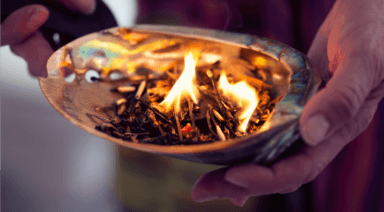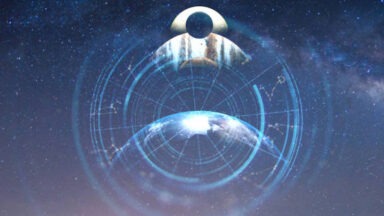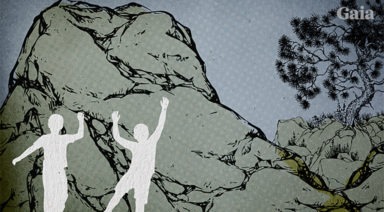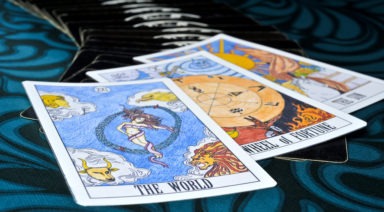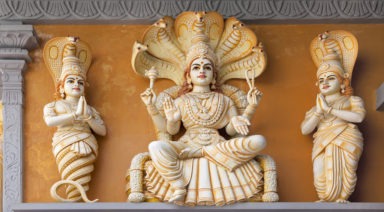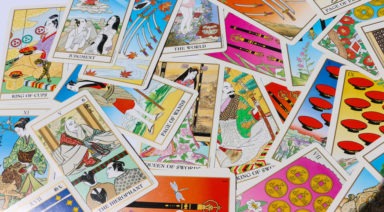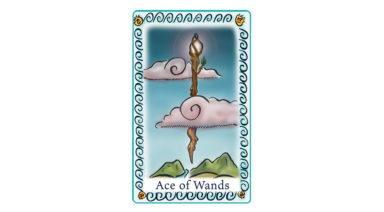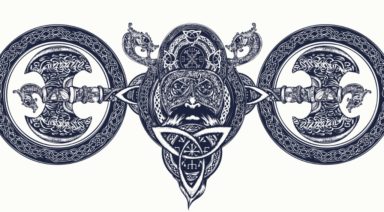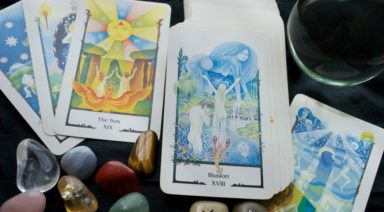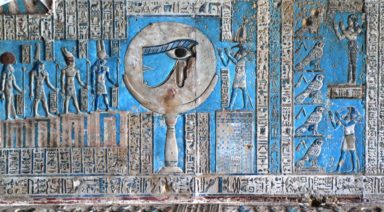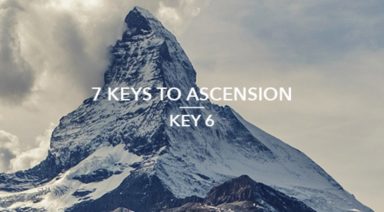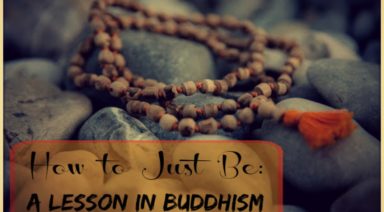Ancient wisdom of past days can also be the key to our future

Have you noticed it? Time is speeding up. Either the functions of our mind are increasing in speed so that it appears time moves faster and faster, or the events of the world are happening at a much quicker rate. There is no doubt that technological innovations are advancing at an unprecedented pace. This makes it difficult to keep up with all that the world now has to offer, day by day, let alone contemplate the implications.
Once, mankind found itself in a much simpler time. In the ancient world, things changed very little over the course of several generations. While the people of this ancient world certainly did not know as much as we do today, they had the opportunity to experiment and refine their techniques over the course of hundreds of years. These techniques included everything from spiritual connections to healing. As they did these things over and over, they set the prototype for how the mind works at an integral level including the functions of perception and how beliefs are integrated.
Over the centuries, mankind has augmented this prototype mindset. The names, mythologies, and ideologies may change from culture to culture and from time period to time period, yet we are all still human. Our brains and minds still work in the same fundamental way. The basic intention of ancient practices still remain with us today: building a sense of community, connecting with something greater than ourselves and innovating in order to survive.
As we look to the future and attempt to see what is to come, it is important to remember where we came from as a species. There is a popular Buddhist saying that goes, “If you want to know your past life, look at your present condition. If you want to know your future life, look at your present actions.” This applies just as much for the individual as it does for the whole of humanity. If we want to know why the world is in its current state, we must understand how we got here. In order to do this, we must study history and attempt to understand why the people of the past did what they did. As we do this, we can change our behaviors in order to create an even better future for generations to come. In essence, we study yesterday to live better today. This way, we can create the space for an even brighter tomorrow.
There is so much for us to learn about the ancient world and the discoveries they made. As we gain a deeper understanding of our modern world, the past innovators walk with us. Ancient guides lead us with their wisdom and inspiration, if only we learn how to listen to them. One day, when this era is considered to be an ancient world, we too will become the guides for distant future generations. They will look to us to lead them to even brighter horizons.
There is much to see atop the shoulders of giants.
View our full collection on Ancient Wisdom to continue unlocking secrets from the past.
Ancient Traditions To Help You Celebrate Summer Solstice

The summer solstice marks the longest day of the year, during which the axial tilt of the Earth puts the western hemisphere closest to the Sun. For time immemorial, it has been a day of celebration for many cultures across the world. But if you’re unsure of how to celebrate the summer solstice of 2019, here are some of the ancient rituals and celebrations practiced by our ancestors on the midsummer’s night.
Summer Solstice Meaning
The word solstice comes from the Latin words “sol,” meaning sun, and “stitium” or “sistere,” meaning still or stopped. In ancient times, our ancestors likely used this day as a marker to decide when to plant crops, noticing that the sun switched from a southward to northward trajectory in the sky.
But more importantly, the solstice was a time of celebration and a break from the norm. Many cultures believed that magic took place on the night of the summer solstice, with fairies showing themselves to humans, while evil spirits were dispelled from their lives.
Ancient Festivities on the Summer Solstice
In ancient Greece, the summer solstice marked the start of a new year and the month-long countdown to the Olympics. The Greeks also observed the festival of Kronia, during which they worshipped Cronus, the god of agriculture. At this time slaves were given equal rights to their owners, who allowed them to participate in games and festivities, sometimes even reversing roles and serving them – it was undoubtedly a welcomed holiday.
In ancient Egypt, the summer solstice represented the coming of the brightest star, Sirius. Not long after, the Nile would begin to flood its banks, marking a season of abundance from the land. The Egyptians believed Sirius was responsible for the floods and considered it the start of a new year.
The ancient Romans celebrated the festival of Vestalia, in honor of the goddess of the hearth. Married women brought offerings to the temple of Vesta, hoping the goddess would bestow blessings upon their families. Vesta was the protector of married women and virginity, and was exclusively a goddess for women.
In addition to the offerings made in Vesta’s temple, women would bake a sacred cake, which followed a strict recipe. Water from a sacred spring would be used, and prevented from coming into contact with the Earth, as it was carried in blessed jugs.





